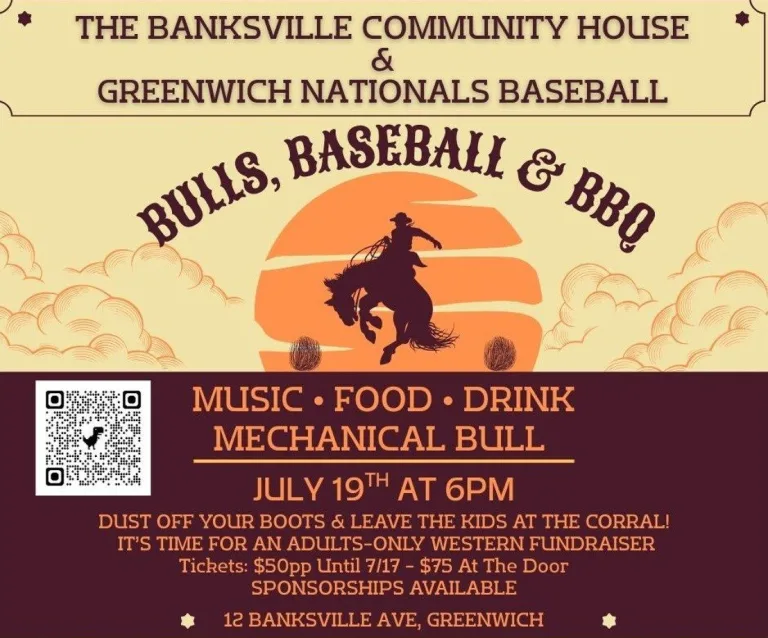
By Julia Chiappetta
I first heard the expression “food first” at a conference for the Professional Baseball Strength and Conditioning Coaches Society (PBSCCS) at the Major League Baseball winter meetings in Orlando a few years back.
I attended the PBSCCS conference representing a client to showcase their NSF Certified for Sport Supplements as an exhibitor. NSF International created the NSF Certified for Sport Program to minimize the risk that a dietary supplement or sports nutrition product might contain a banned substance. Their objective is to certify that participating sports supplement manufacturers meet their stringent independent certification process and guidelines.
Without the NSF mark on a product label, professional teams will not allow products into their clubhouses or training rooms. I became fascinated with NSF and their worthy work and even met some of their scientist at these conferences. NSF has had a successful 65-year history of providing certification programs for food, water and consumer goods, and their NSF Certified for Sport Program builds on that expertise in the areas of dietary supplements and functional foods.
I have often said there are good foods and good supplements, but many are not as they appear. As with anything we put into our bodies or on our bodies, it is important to vet the source, read labels and understand terminology. Many harmful toxins and junk that you would not expect are allowed to hide behind words such as: natural, fragrance, flavor and even organic. Most supplements are food- or plant-derived, but what are functional foods? They are another term for nutraceuticals that deliver additional or enhanced benefits, like plant protein, probiotics, prebiotics and enzymes. The Mayo Clinic defines them as “foods that have a potentially positive effect on health beyond basic nutrition.”
Our bodies rely on and crave real, fresh and functional foods—high in nutrients, free of pesticides, hormones, antibiotics, additives and not genetically modified; food that will feed, nourish and heal. That said, is has become increasingly difficult to venture into a grocery store and understand what to purchase or trust. As a general rule, if it comes in a can or box (except for obvious things like pasta, quinoa, oils, etc.), try to avoid it, and if it needs to be microwaved it is an absolute no way. Also, anything white should be scrutinized, like white bread, pasta, rice, and sugar, since in most cases they treated to become white.
Getting back to Food First and Major League Baseball: I was excited to learn that the Los Angeles Dodgers implemented an organic food policy for their players a few years ago. They were the trailblazers in this area, which of course makes perfect sense to me.
I want to share a piece, which I found informative and encouraging, written by one of my favorite trainers, Brandon McDaniel, RSCC, a strength and conditioning coach for the Dodgers. (The piece can be found at: http://baseballstrength.org/los-angeles-dodgers-nutrition-program/.)
“As you might have heard through stories in the media, the Dodgers have gone ‘all in’ on eating organic foods throughout the organization. When walking around the dining area you can hear a lot of new buzz words being thrown around: ‘Grass Fed,’ ‘Free Range,’ ‘Locally Grown’ and ‘Organic’ to name a few. The ‘all in’ approach has produced a lot of questions from players, staff and those outside the Dodgers’ organization. There have also been a lot of assumptions made about the way the organization has decided to feed the players. Terms such as ‘no carb,’ ‘low carb,’ ‘chicken and broccoli,’ ‘no fun’ and ‘Paleo’ that have been used to describe our menus. Truth be told, we haven’t adopted a specific type of diet throughout organization. What we have done is provide real food to our players from the lowest level of the organization to the Major League level.
“We have replaced refined sugary sodas and juices with natural teas, coffees, 100 percent fruit juices (players squeezed their own orange juice in spring training), infused waters (water with lime/lemon/berry) and kombuchas (fermented tea with natural probiotics). We have also replaced frozen chicken breasts with all natural thighs and breasts from locally raised chickens. Traditional margarine in a bucket has been replaced with organic grass-fed butter that is added to lot of the clubhouse foods. It is used on top of sweet potatoes with cinnamon and on vegetables to enhance of flavor and even in coffee mixed with virgin organic coconut oil as a good source of medium chained triglycerides (MCT oil) for long lasting energy.
“Organic Grade A Maple syrup has replaced refined, sugar filled syrup for pancakes and French toast. It’s not that we have a problem with sugar; it’s that when our players have it, we want them to have an appropriate amount of the real stuff, not an overabundance of fake, refined, low-calorie products that can have a negative, long lasting effect on body hormones. Are we recommending our players eat or drink a ton of sugar? Absolutely not! We are encouraging them to have the real thing, not genetically modified versions. We are trying to enhance the body’s natural response to food, which in return will help body hormones to perform in the manner that they were designed to do.
“We are trying to increase energy and reduce injuries by feeding players real, organic food. We understand that these are multifactorial issues that do not solely rely on nutritional intake. We are working to improve how our athletes eat and reprogram their hormonal responses to food. We are trying to reduce chronic inflammation, regulate blood sugar issues, and increase proper hormone production. These three responses can significantly enhance energy production and utilization, sleep regulation (quantity and the quality), muscle regeneration (how quickly the body repairs tissue) and body fat reduction. If we can help control the quality what players put into their bodies, we can ultimately help with the quality of their output, and more importantly the quality of recovery.
“This project might seem very progressive to some in the baseball community, and some might think that our players will eventually rebel against our organic diet. It would be a lie to say that some players don’t occasionally find a way around it. We welcome challenges to our programs because they often lead to discussions that provide opportunities to help players understand the role of proper nutrition on personal health, training and performance. The reality is that the vast majority of players have met the program with open arms from day one. Many players were accustomed to having fast food for lunch and PBJ sandwich and chips as their pre-game meal. Often, the post-game meal came from the nearest restaurant or gas station, especially among those at the lower levels within the organization. That changed this season. When players arrive at the clubhouse, both at home and on the road, they have a warm organic meal consisting of two grass fed, organic, free-range proteins, a vegetable and a starch waiting for them.
“After batting practice, we provide fresh fruit/veggie smoothies, organic nut butters, organic, grass fed, free range proteins, organic potatoes and locally grown fruit to help refuel their bodies before game time. The post-game meal has also changed. Instead of using catered meals from local chain restaurants, players are provided fresh organic meals, similar the home cooked meals that they had when they were younger. Granola bars, candy bars and potato chips have been removed from the clubhouse and replaced with an abundance of fresh fruits, nuts, dark chocolate and potatoes cooked in coconut oil or avocado oil.
“While improving dietary intake is essential for enhancing health, recovery and performance, we sometimes have to employ other strategies such as controlling carbohydrate intake, limiting total caloric intake and improving nutrient timing, to help achieve appropriate body composition and body weight in some players. Eating organically has helped players control dramatic weight fluctuations, percent body fat and inflammation. It’s almost a compliment when a player comes in and says that his wedding ring is too snug or he has indigestion after having a meal outside of one provided by the team.
“The most interesting part of the change in the nutrition program has come from the supplement side. Although we still provide bars, protein powder and caffeinated stimulants, we have noticed a dramatic decrease in the use of these products. Often our strength coaches will pick up a full box of bars off of the bench post-game because the players never had the urge to reach for one during the game. Several players have replaced their pre-game drink with a pre-game coffee with butter and coconut oil. Most importantly, players have started to ask where they can get vitamins, minerals and probiotics from foods as opposed to ingesting the supplement versions.
“We still have a long way to go in teaching players how to eat properly, but we have been able to take large steps in a short period of time by getting the most important part right; eating real food first.”
Wow, bravo to the Dodgers!
Yes, we need to eat real food first, so consider the food you eat and be sure that it is organic so that your body can say thank you in the form of extra energy, less joint aches, better sleep, quicker repairs and an overall noticeable feeling of wellness.
As always, try to drink a nice green juice with organic, cucumbers, kale, spinach; adding in a wedge of green apple or lemon for taste. Green is the way to go on an empty stomach to start your day. There are local farmer’s markets from which to shop, as we begin to see twinges of purple, orange and red hues in the selections and apples are on the scene. They make a great snack with nuts or hemp seeds.
So, my friends, as the days get shorter let’s strive to live longer, encourage more, volunteer to help a neighbor, or strangers in Texas, Florida or the Caribbean, and feed our souls with the joy that can only come when we give of ourselves in this way. May God richly bless and comfort all of those who have lost everything in the recent storms and may we always love our bodies enough to feed it good food first so that we can share our gifts and talents abundantly. Love and encouragement go a long way.
Julia Chiappetta is the author of “Breast Cancer: The Notebook” (Gemini Media, 2006) and is also the owner of Julia Chiappetta Consulting. She lives in Cos Cob. More information and past columns can be found at JuliaChiappetta.com





